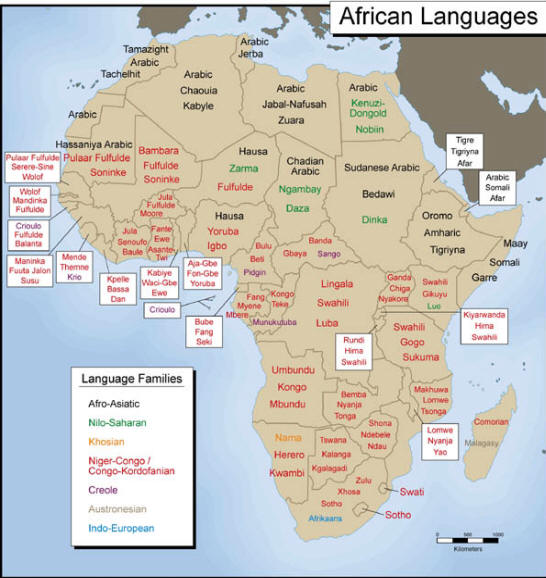Article 2 - Why Take A DNA Test To Trace Your African Ancestry?
I thought about taking a DNA test to trace my African roots for years. Never ever getting around to it, then this year I added it to my New Year’s Resolution list at Kwanzaa 2019.
A few people asked, “Why bother?” and there was an air of skepticism “I don’t believe they work – especially for ‘Black’ people.”
So I started to ask around to see who had tried what test, I read articles, visited websites for details and begun to realise there were many issues surrounding taking a DNA test such as who stores and owns the DNA sample, who has access to that sample and for how long, will my data have privacy? It was not as simple as I first thought.
Most websites did openly state what kind of privacy and ownership one could expect from their service so it is just a case of due diligence and reading all the fine print before selection. That lead to the greater, more specific question for me, namely, “Which was the best test for African Ancestry and what could the results tell me?”
This question addresses the usefulness of taking a DNA test. The answer I found was that it depended on the accuracy and detail of the provider’s database. The more extensive the database the more you could get an idea of your ancient or modern ancestry.
Some sites just look at where your DNA is found presently in the world and so only go back a few hundred years. However, it was exciting to find other websites that looked at 500-2000 year old ancestry information and even older in some cases. This was my area of interest! So the search was on to see how much African ancient ancestry each company. I checked the number of African Ancestry DNA database sets that were used by each test provider to provide their detailed report. The majority were focused on detailing European heritage found in the tests.
I additionally noted that there are many ways in which African people are grouped, not just by country, in fact the migration of African people over millennia means that country borders created by Europeans are not that meaningful so more detail is required to see one’s heritage. Which part of Africa was my ancestors from, which language groups (see diagram) or which tribal group???
All questions that were waiting for an answer.

Several sites, if you give consent, will also use your DNA to find current family tree matches by comparing your DNA markers against other people who have also done their DNA test. This gives you a list of people related to you that have also registered with their services giving your family tree history a good boost. There are matches to famous people in your family line but I wasn’t really interested in what can be such distant relationships to people who are your 5th cousin!!
When I took my DNA test this year, I did get some interesting close matches to 2nd cousins on my maternal family tree who had moved country and so was unknown to my mother. She was very intrigued and motivated to do her own DNA test. This was proof for me that the DNA test was actually quite accurate to have found my mother’s cousins. So this is a useful avenue to trace your family tree with some confidence.
Now let’s look at which test was the winner for me in finding my Ancient African Ancestry in the next Article 3 – Review On DNA Tests Tracing African Ancestry.
